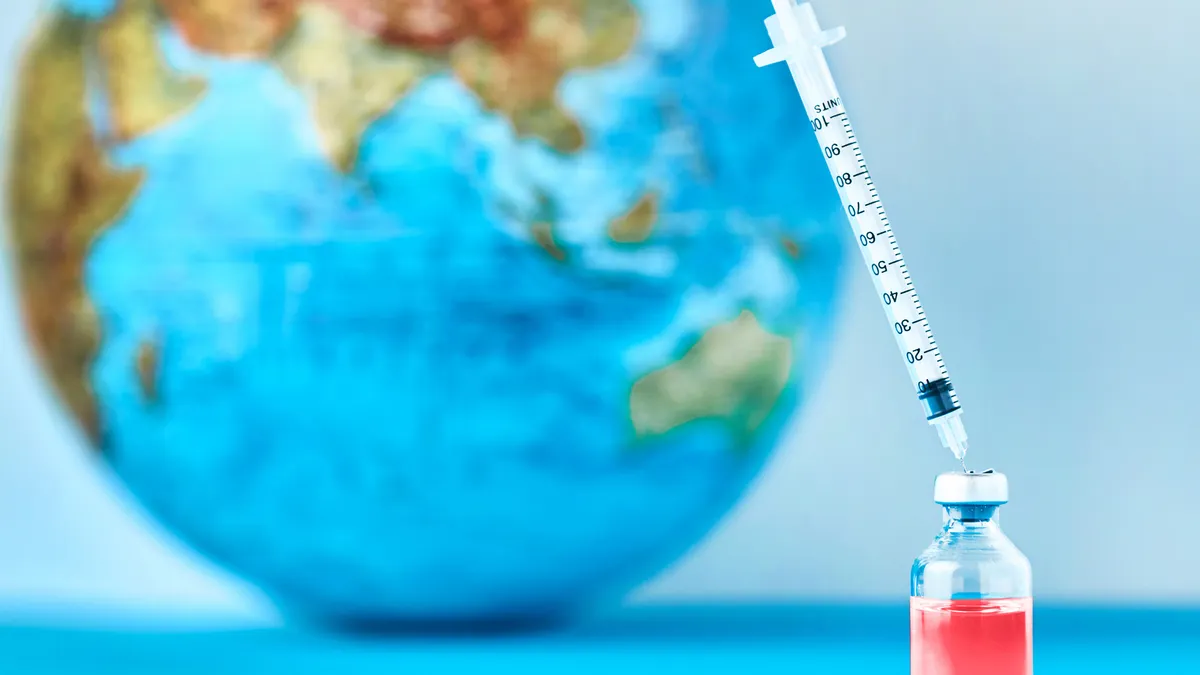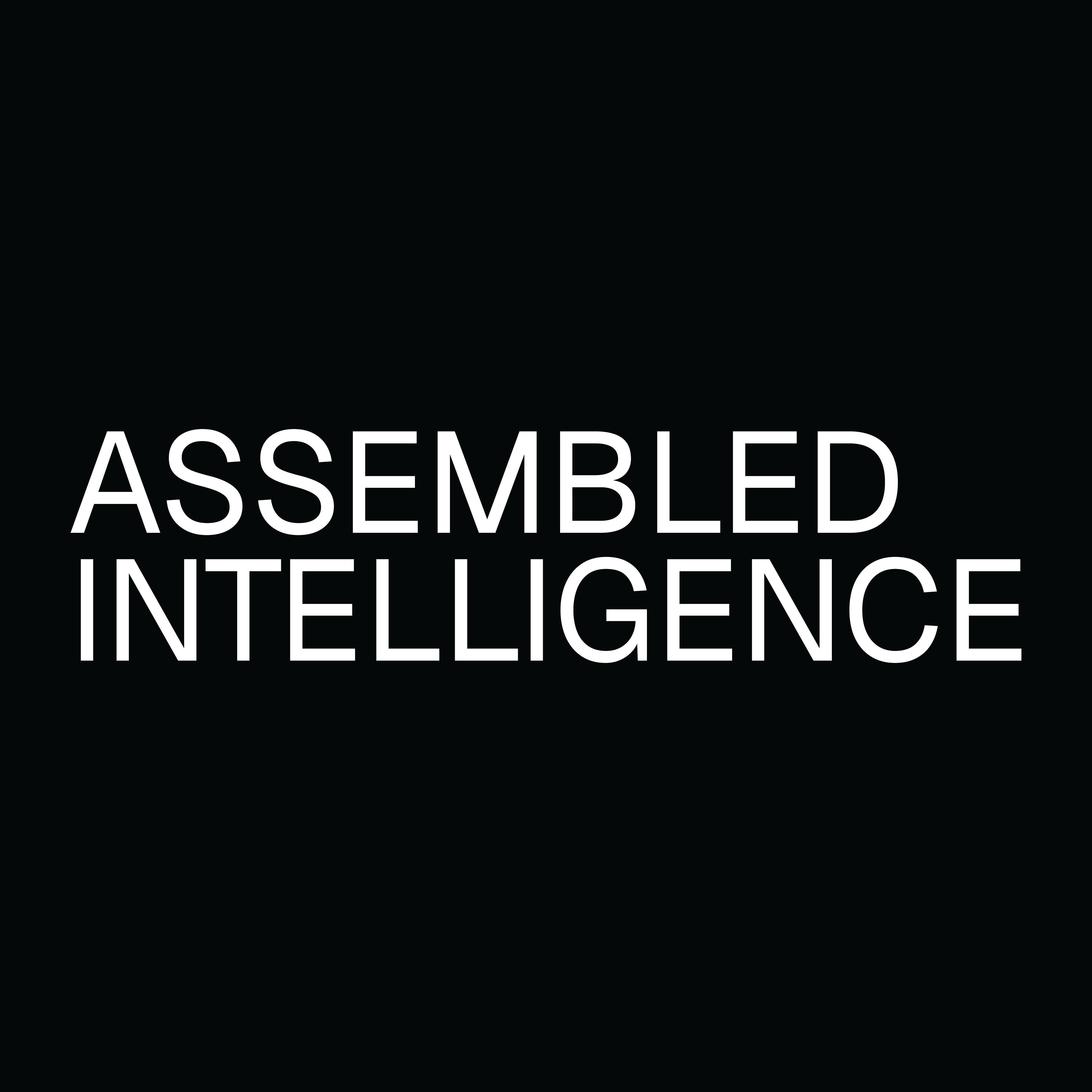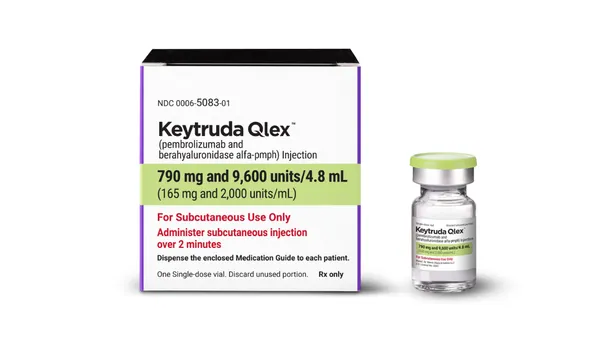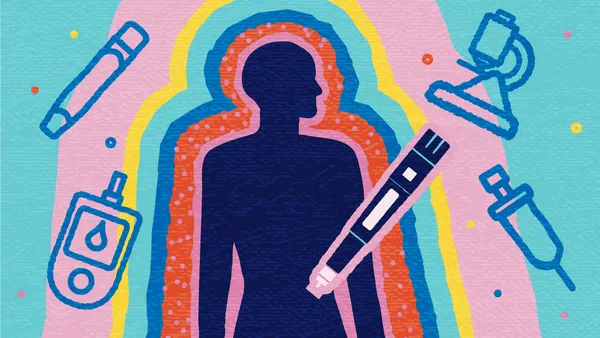China: The Promise of a Vast Market In Challenging Times Chandler Chicco Agency and Eastwei Relations Sydney Rubin Chandler Chicco Agency Rachel Liu Eastwei Relations Chandler Chicco Agency (CCA), with headquarters in New York and offices in London, Washington, Los Angeles, and Paris, is one of the world’s largest independent healthcare specialist agencies offering strategic public relations and communications counsel to clients that include hospitals, NGOs, healthcare associations, coalitions, and most of the world’s largest pharmaceutical companies. For more information, visit ccapr.com. Eastwei Relations, with headquarters in Beijing, is one of China’s leading local strategic public-relations agencies with more than 70 employees in offices in Guangzhou, Shanghai, and Chengdu and capabilities extending to more than 20 other Chinese cities. For more information, visit eastwei.com. September 2006 VIEW on Marketing The pharmaceutical industry’s love affair with China dates back more than a century to when Bayer, the inventor of aspirin, began trading with China in 1882. Both Hest, known today as Aventis, and ICI, the predecessor of AstraZeneca, were in China before 1900, with Eli Lilly & Co. following shortly after, opening its first office in Shanghai in 1918. But never have market conditions been more challenging than they are today, with competition at an all-time high. Companies operating in China face a myriad of issues, such as the future potential for in-market sales, protection of intellectual property, and an obscure and constantly shifting regulatory environment. Navigating the market is a challenge, even for experienced hands. The promise of such a massive market and the now skyrocketing expansion of the middle class make it imperative that public relations and marketing executives understand the best opportunities to increase brand awareness and market share amid fierce competition. To inform the decision making of pharmaceutical clients operating in China, it’s important to have the perspectives of Chinese government officials, hospital managers, physicians, drug wholesalers and pharmacies, pharmaceutical executives, and the healthcare press. Despite the big differences between the Chinese and American landscapes, there is one striking similarity — the need for pharmaceutical companies to rebuild public trust and a reputation for integrity by putting patients first. Of course, the reasons for the failure of trust in China are uniquely Chinese and the result of recent history. The Chinese Healthcare Landscape From the 1950s to the 1970s, the Chinese healthcare system was state-controlled and nearly free of charge. Although healthcare coverage in rural areas was patchy, the urban population had access to reasonably good services administered through the “work unit” or danwei system. Most people in cities worked in state-owned factories, stores, or other institutions that were work units responsible for housing, schooling, healthcare, and social services. Beginning in the 1980s, as China moved toward a market economy, these work units dissolved or were privatized, and most Chinese lost access to state-supplied healthcare. The Chinese government created a healthcare insurance system funded by contributions from employees and employers, leaving hospitals and other providers to rely on income from fee for services, such as prescription drugs. Today, about 80% of prescription drugs are dispensed in hospitals and these drug sales represent, on average, about 60% of a hospital’s income. The new system is regarded by many observers as a failure, and the current Chinese healthcare model is facing several challenges. Among the most serious and widely debated are: • Uneven allocation of health resources among urban and rural patients (although just 30% of the people live in cities, 80% of healthcare resources are in urban areas) • Narrow coverage by medical insurers • Systemic corruption, including bribes and inflated drug costs at hospitals About 30% of China’s total prescription drug market belongs to multinational pharmaceutical companies, with the remaining market share held by thousands of Chinese drug companies. About 97% of these Chinese drug companies make generic drugs; intense competition between them has contributed to rampant corruption as companies jockey for sales. The way hospitals generate revenue and the way some individuals line their own pockets has led to profound public distrust — reflected in media coverage. In response, the government has placed priority on reforming the system by expanding rural insurance coverage, enforcing antibribery laws, and re-evaluating government controls on drug prices. The government’s recent launch of the 11th Five-Year Plan outlines broad healthcare reform, including greater support for innovation and increased expenditures on health, including prevention and cost containment. The Pharmaceutical Industry’s Role As the Chinese government strives to create a system that better serves the people, pharmaceutical companies have a role to play that will help build brand awareness and support product marketing. Research conducted by Eastwei Relations revealed three key findings, which all fit an old mantra in a new setting: doing well by doing good. Regaining Public Trust — It is essential the public’s trust in healthcare is restored, but doing so will require a concerted effort among all players in the healthcare system, including pharmaceutical organizations. The public has long criticized unreasonably high costs for hospital treatments and drugs. Among recent media coverage of the issue was a story last year about a Chinese businessman who was charged the equivalent of $686,000 by a hospital for 82 days of intensive care and medications for his father. Independent medical experts reviewing the bills found many cases of fraudulent charges, such as 94 blood transfusions in a single day. The Ministry of Health took action and seven hospital officials were dismissed, but the case reinforced widespread public perception of the system as corrupt. One For All — All stakeholders in the healthcare industry — from government authorities and hospitals to drug makers, pharmacies, and associations — need to work together to rebuild the reputation of the industry. No single entity can do it alone. Since pharmacists and patients are replacing doctors as the chief decision makers on which brand to buy, supporting them is one way to build trust. The State Food and Drug Administration issued new rules in March to standardize the use of drug names requiring that generic drug names must be on all labels in letters twice as large as the brand name. Brand names in advertising include the more conspicuously displayed generic name. This rule was followed in May by the release of a new Health Ministry policy requiring doctors to prescribe by generic name only. It is then up to the pharmacist or patient to choose the generic or brand product. Branded products are very popular in China, and growing in popularity with every new story of tainted generic drugs. People trust well-branded products. Seven of the top 10 most successful companies in sales to hospitals in 2004 were pharmaceutical companies selling branded products. Hospitals show a greater profit margin on these products, patients do not know the generic names, and an increasingly affluent population wants to buy pharmaceuticals they can trust. Pharmaceutical companies wanting to maintain leadership positions need to increase useful communications to Chinese patients. One major company recognized the needs of patients in designing a campaign for a hypertension treatment in China. The patient-education strategy included sponsoring the first National Hypertension Day in China and an education program run in cooperation with the Ministry of Health and provincial and municipal health authorities. The programs dramatically improved disease awareness, increased education for patients living outside of the biggest cities, and built a strong brand image for the product, which remains the market leader despite many new competitive products. Education can go a long way toward regaining public trust and multinational companies have ample opportunities for offering disease-awareness programs to both physicians and patients in urban and rural areas, particularly women and children. Strengthening the Corporate Brand is Critical — The authority and expertise of multinational pharmaceutical companies will become more important for Chinese consumers as they increasingly evaluate product quality to make their purchasing decisions. Companies must carefully monitor and manage salesforces to assure that they are behaving ethically and cannot be perceived as participating in kickbacks or other corrupt practices that have undermined the reputation of the healthcare industry. In China, as elsewhere, it takes years to build a good reputation and moments to destroy it. Companies operating in China face myriad issues, such as the future potential for in-market sales, protection of intellectual property, and an obscure and constantly shifting regulatory environment. Navigating the market is a challenge, even for experienced hands.
An article from


China: The Promise of a Vast Market In Challenging Times
Filed Under:
Commercialization









